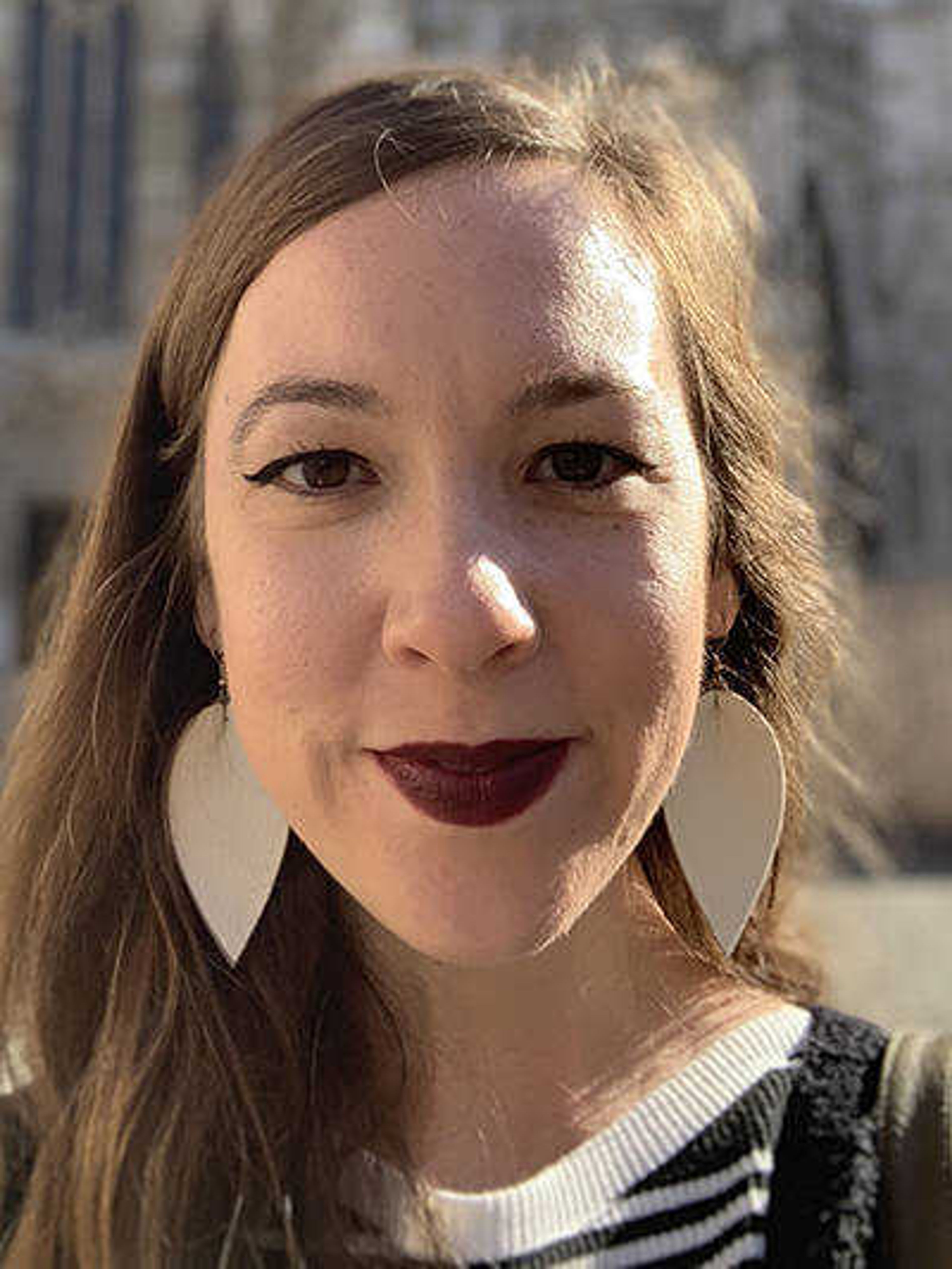A pilgrimage of love
I know it's about a month early, but I'm thinking about the term "pilgrim." The pilgrims we pay homage to around Thanksgiving time struck out to an unknown land seeking religious freedom. In fact, a definition of "pilgrim," according to dictionary.com is "a person who journeys to a sacred place for religious reasons." Today, when all the world has been settled and explored, perhaps the last frontier, the one place it is yet up to us to explore, is the depth of our own soul. ...
By Mia Pohlman
I know it's about a month early, but I'm thinking about the term "pilgrim." The pilgrims we pay homage to around Thanksgiving time struck out to an unknown land seeking religious freedom. In fact, a definition of "pilgrim," according to dictionary.com is "a person who journeys to a sacred place for religious reasons." Today, when all the world has been settled and explored, perhaps the last frontier, the one place it is yet up to us to explore, is the depth of our own soul. This is the space of communion with God, and we have to dare to use the dailiness of our lives as the means to get there.
This is what a pilgrim does. This is what a contemplative does.
In "New Seeds of Contemplation," Thomas Merton discusses liberty and what it means to be truly free. He posits we naturally desire happiness; the attainment of this happiness is freedom. He reasons that God is our ultimate happiness and that if God is only good, then what God wills for us is for us to be truly happy, truly free. The things we choose that make us unhappy, Merton believes, we choose because we falsely believe they will make us happy. True freedom, he writes, is to desire the will of God and then to be obedient to that.
Merton writes, "Therefore, the simplest definition of freedom is this: it means the ability to do the will of God. To be able to resist his will is not to be free. In sin there is no true freedom."
We can know ourselves by looking at God, whose image we are made in. God gives us the grace to do God's will, if we ask for it.
That includes, as Mother Teresa wrote, doing small things with great love. Let's wash the dishes, like Brother Lawrence did in the monastery, and let's do this for God. Let's enter deeply into our day-to-day and instead of seeing it as a means to an end, let's be in it as the end, giving everything we are and making each task we perform an act of worship with all of ourselves. Let's be contemplatives, let's be pilgrims, journeying to the sacred place of God within us, through us, right before us.
The poet Rainer Maria Rilke wrote the following lines in part III of his poem "The Book of Poverty and Death." They call us to pilgrimage, to the deep-deep, to the work of exploration. They call us into the wilderness of our daily lives -- that territory so often we are afraid to fully enter into.
"A watcher of Thy spaces make me, / make me a listener at Thy stone, / give to me vision and then wake me / upon Thy oceans all alone. ... Send me far into Thy barren land / where the snow clouds the wild wind drives, / where monasteries like gray shrouds stand / august symbols of unlived lives. / There pilgrims climb slowly one by one, / and behind them a blind man goes: / with him I will walk till day is done / up the pathway that no one knows ..."
Let's go there, and let's go with love.
Connect with the Southeast Missourian Newsroom:
For corrections to this story or other insights for the editor, click here. To submit a letter to the editor, click here. To learn about the Southeast Missourian’s AI Policy, click here.










